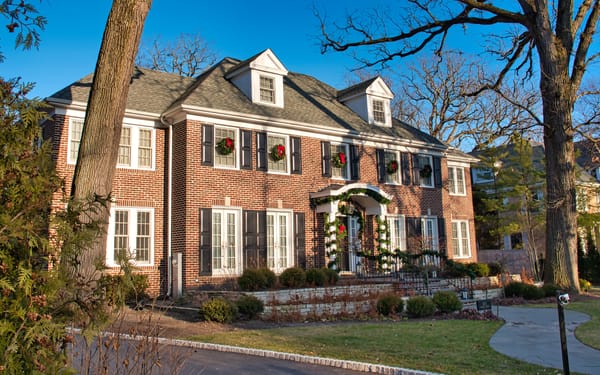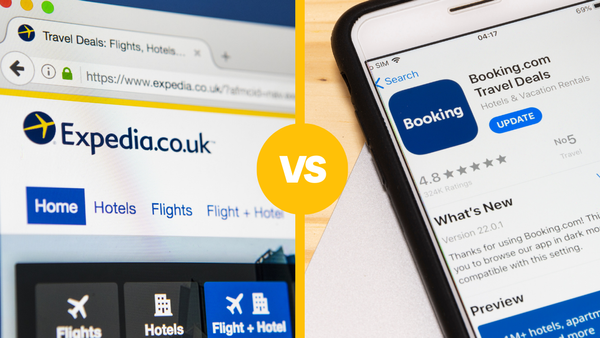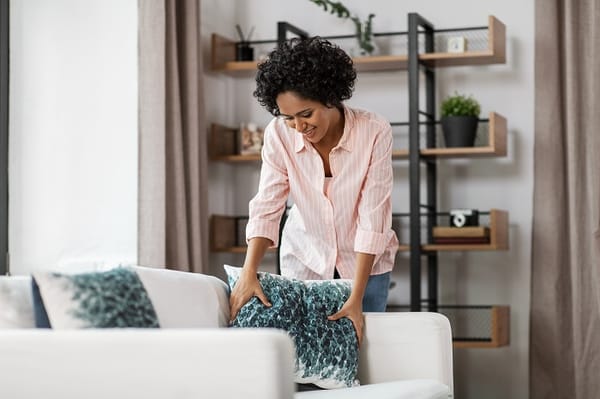Airbnb Background Check for Guests: Can Hosts Count on It?
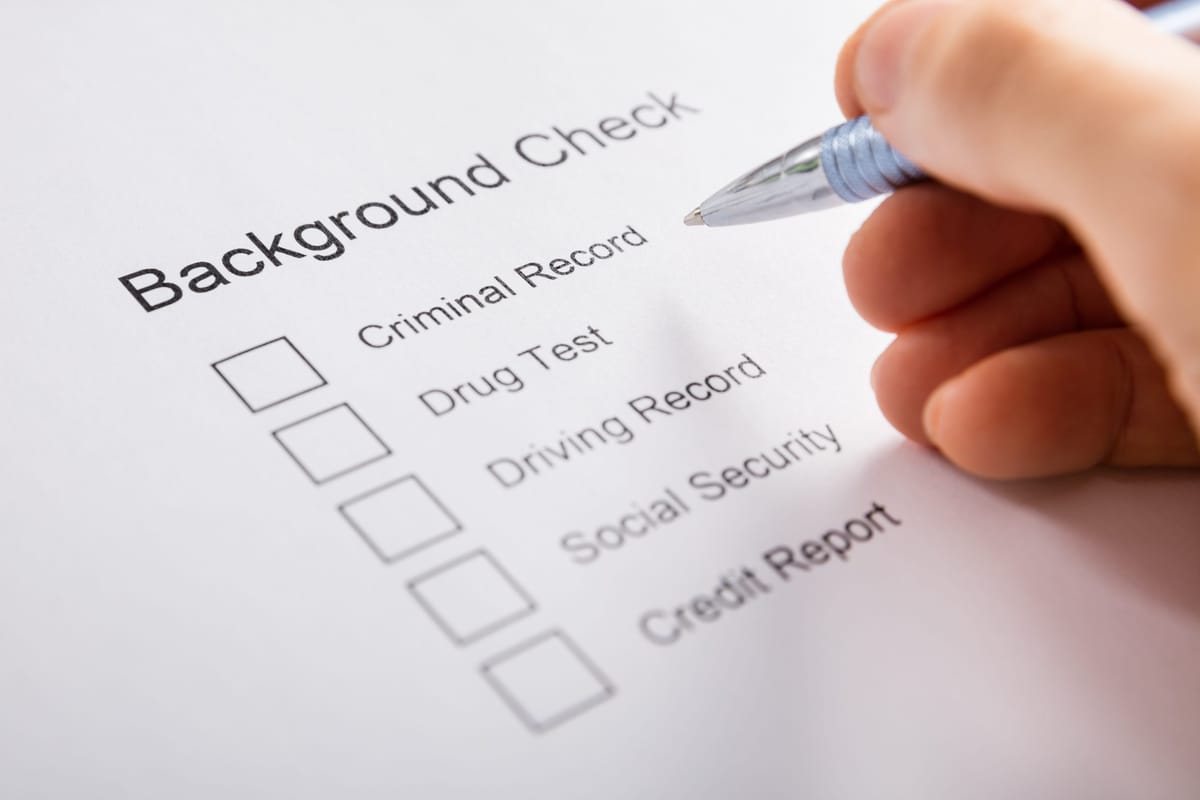
You’ve heard the horror stories — uninvited guests refusing to leave, guests causing thousands of dollars of property damage in a single night, etc. That’s why many decide not to become a host or give up on their venture and lose out on a very rewarding experience.
Before making such a drastic decision, know that Airbnb prioritizes safety. As such, they’ve put in place their own measures to conduct background checks on guests (and hosts).
Whether you’re an aspiring, new, or seasoned Airbnb host, it’s important to understand how the platform checks parties’ criminal history and whether it’s necessary for you to do your own background check too. While background checks can be useful, they’re by no means the only safety measures that hosts can put in place.
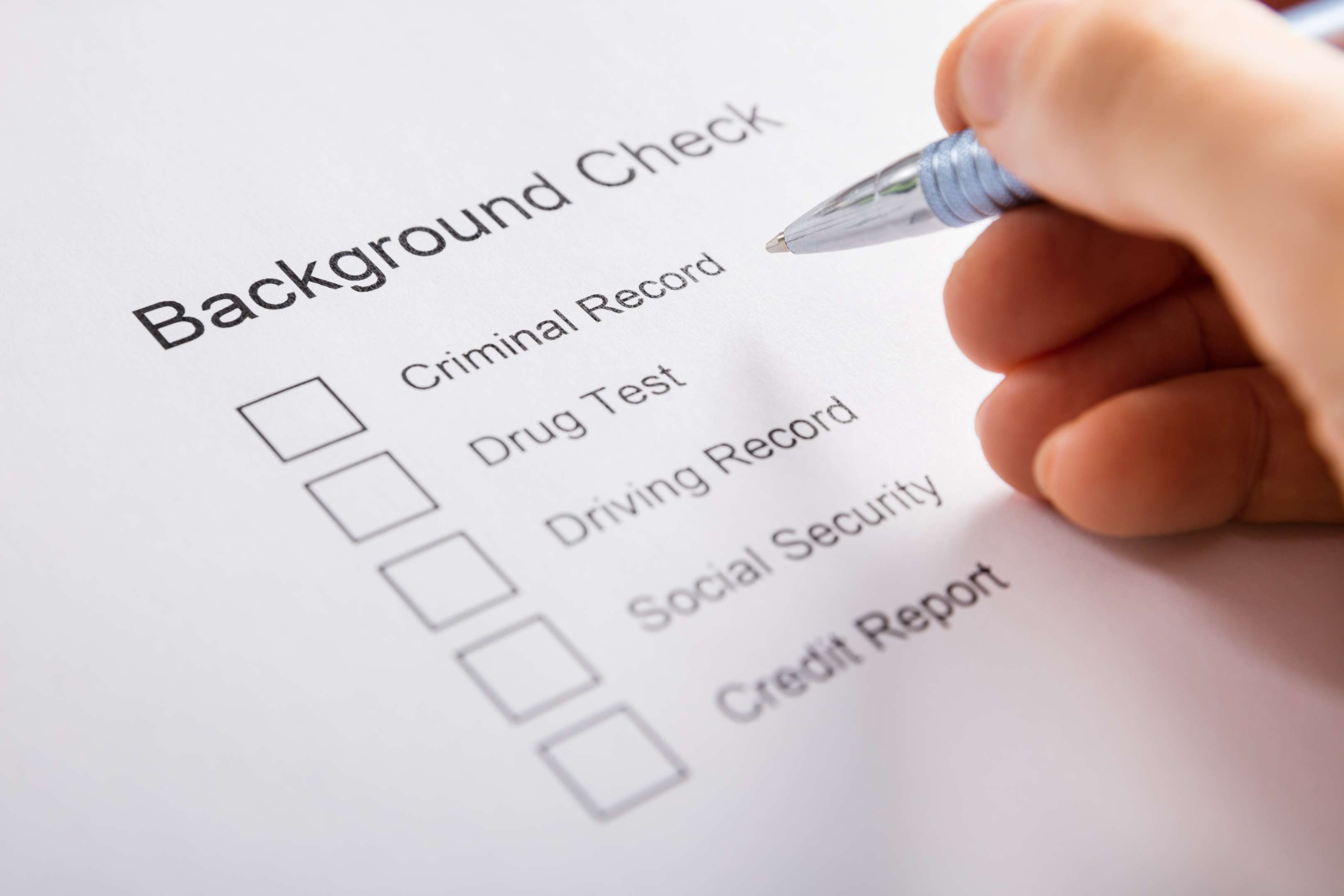
Does Airbnb Do Background Checks?
The short answer is — yes. However, not all countries are included.
According to their website, Airbnb background checks are currently only available in the United States and India. For hosts and guests in these two countries, they’ll conduct a background check on condition that they have at least the first name, last name, and date of birth.
This check will be performed 10 days before the guests are due to check-in. If the booking was made within 10 days of the check-in date, this check will be done too, however, Airbnb doesn’t give specific details as to when.
As for hosts, Airbnb will perform a background check the first time that they log in after creating a new listing. If a guest books a stay or an experience before the host logs in, Airbnb will use this booking as a trigger to run the check.
How Do Airbnb Background Checks Work?
Airbnb will send the first name, surname, and date of birth of the host or guest to one of their approved background check providers. These personal details will then get checked as follows:
- All hosts and guests will be checked against the OFAC list. This list includes groups, entities, and individuals like narcotics traffickers and terrorists.
- For hosts and guests who reside outside of the United States, Airbnb may get registered sex offender checks or the country’s local background checks version. These checks, though, depend on the availability and can also be impacted by local laws.
- Hosts and guests who reside in the United States will get checked against certain county criminal records and databases of public state. It will also check state and national sex offender registries.
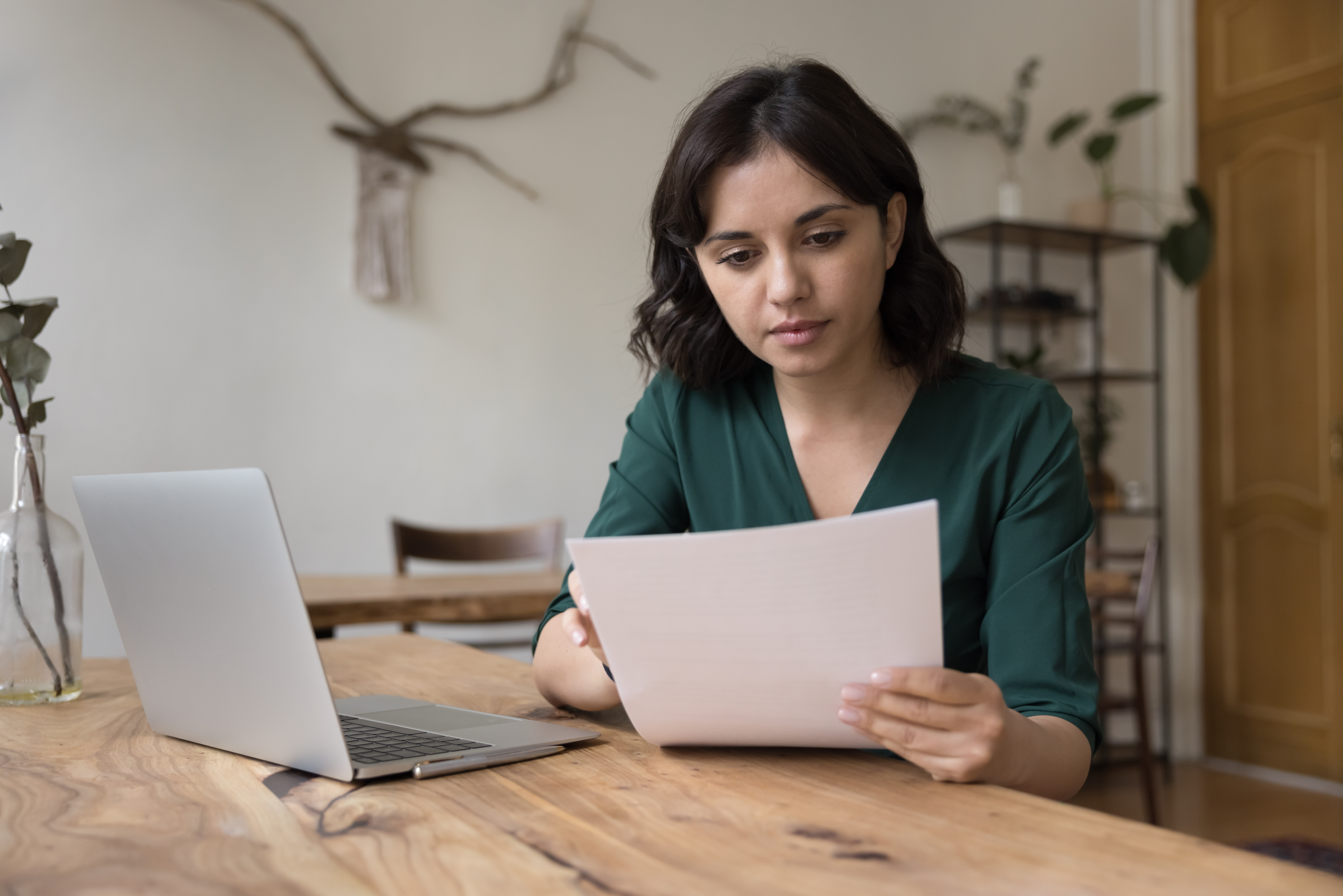
What Happens If Airbnb Identifies a Problem?
So the background check revealed an issue — what next? Depending on the seriousness, it can lead to removal from the platform.
Marijuana possession and disorderly conduct are regarded as lesser crimes. Guests who are found guilty of these types of crimes won’t be removed from Airbnb.
Other, more serious, crimes can lead to the guest being suspended for a certain period of time. For example, guests who were tied to property damage or fraud can be removed from Airbnb for up to seven years after the crime occurred. In the case of felony larceny or burglary, the period can be twice as long.
That being said, Airbnb’s core values emphasize belonging. Their mission is to “create a world where anyone can belong anywhere”. As such, they believe in second chances and reinstatement to the platform are possible in certain situations.
Factors that they consider when assessing if a user may be reinstated to its platform include:
- How old the person was when the crime occurred
- If the person has been found guilty of another criminal conviction
- How much time has passed since the last criminal conviction
- If the person is currently employed.
Removable offenses include murder, rape, child molestation, and terrorism. Airbnb takes a no-nonsense approach and conviction of these crimes can lead to permanent removal. The appeals process to be reinstated if you were convicted of one of these crimes is usually unsuccessful.
Are Airbnb’s Background Checks Sufficient?
The short answer is — no. As a matter of fact, on their website, Airbnb recommends that hosts and guests can’t rely only on the platform’s own background checks. As they explain, these checks can’t guarantee that an individual won’t be guilty of disorderly conduct, other crimes, like drug possession, or minor offenses, in the future.
Instead, these types of checks are limited to past criminal behavior. In some cases, they can include red flags, but that’s not a given.
Also, certain databases may be kept up to date differently which could mean that there are gaps in the information available. For example, local governments might update online databases only occasionally. This means that while it might have accurate information, the information might not be up to date.
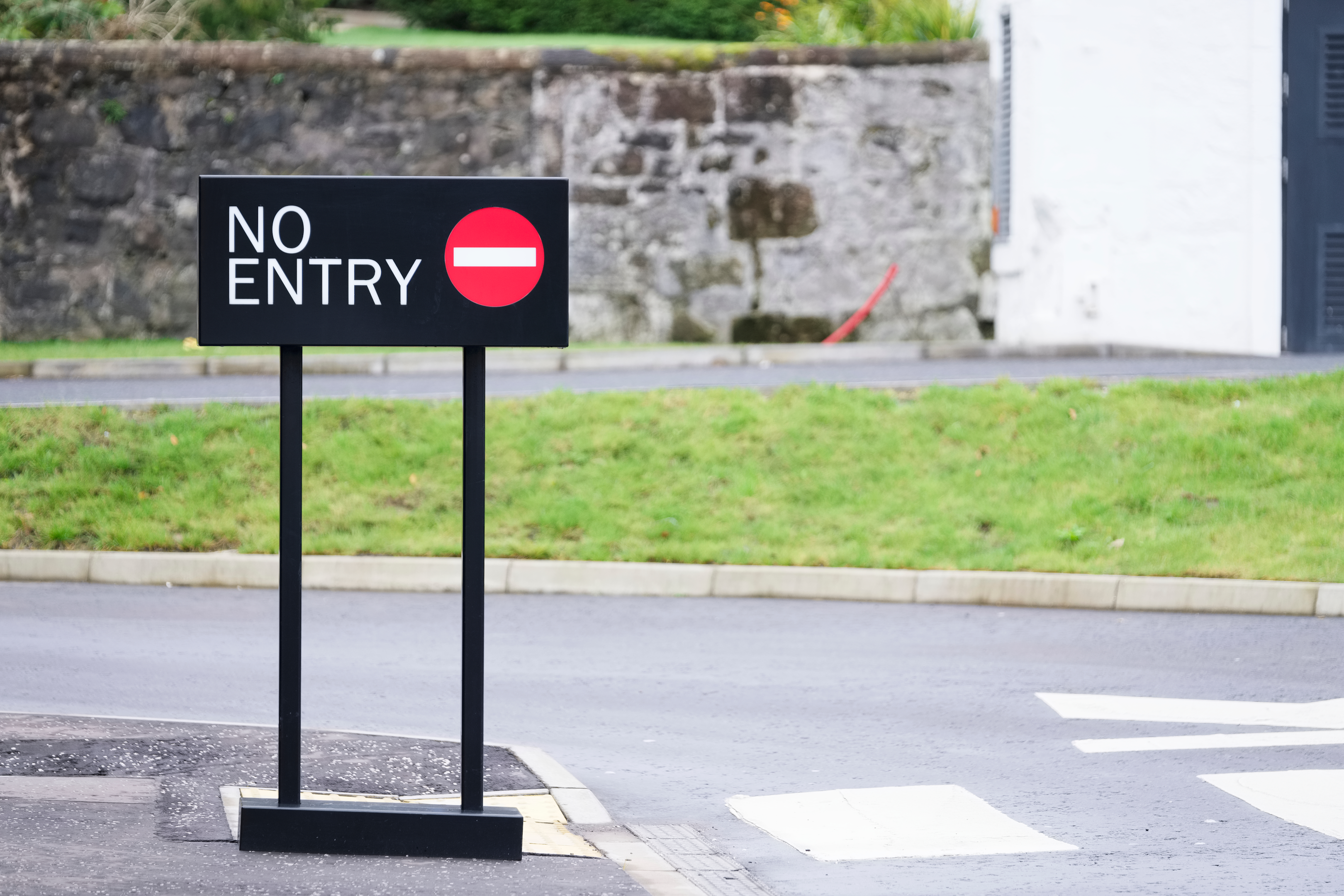
What Additional Checks and Safeguards Can Be Put in Place?
As Airbnb’s own background checks don’t cover everything, it’s strongly recommended that hosts put in place their own processes for guest screening. In addition to a vetting process, hosts can also invest in certain tools and tech to help protect their Airbnb guests and property.
Here are some additional checks and safeguards you might want to put in place:
Write clear communication policies
It’s key that hosts set clear expectations from the start. Before guests book a property, they must be able to tell if this property will meet their needs. After all, guests also have certain expectations of their stay. For example, larger groups will typically search for accommodation that doesn’t place significant limitations on the number of guests and noise.
One of the most effective ways that hosts can communicate their expectations is by writing house rules. Hosts should clearly state what’s expected of them in terms of:
- Cleanliness
- The check-in and checkout process
- Off-limit areas
- Noise levels
- Extra guests, visitors, and pets
- Parking
- Use of appliances
Also, make sure that you have communication policies regarding when and how they can contact you while they’re staying with you. It’s key that guests know how they can reach you in case of an emergency.
Read past reviews
Both guests and hosts can use reviews to assess better if the person is reliable or not. Reviews are especially useful for hosts to screen Airbnb guests as they give them a glimpse at a traveler’s past behavior when it comes to using the platform. This way, they can identify potential red flags.
In addition to reading reviews left on the platform, you can cast your net wider and do a quick web search. Social media accounts can be very insightful…
Add security cameras
Adding security cameras to your property can be a contentious issue. Airbnb’s policy states that security cameras are permitted as long as:
- Hosts disclose them in the listing description.
- They don’t infringe on the privacy of a neighbor.
- They monitor only public spaces, like the front door or driveway, and common spaces. In the event that it’s set up in a common area, it must be clearly identified and disclosed before the booking.
- No security cameras are allowed in the bathroom or sleeping area.
- If a living room has a sofa bed to double up as a sleeping area, no security camera may be placed there.
A popular alternative to security cameras is to invest in noise monitoring solutions instead. These are more guest-friendly as they’re typically seen as less invasive.
Whether you opt for security cameras, noise monitoring devices, or both, these types of devices can provide an extra layer of security for both hosts and guests. It can discourage guests who plan on hosting parties from booking your place. It can also offer some peace of mind during the stay as it enables hosts to monitor if any unauthorized activity is taking place during their stay, such as extra guests overnighting, or potentially dangerous situations.
Charge a security deposit
Airbnb also lets hosts charge a security deposit as an extra safety measure. There are two main benefits of going this route.
Firstly, it can deter potentially troublesome guests from booking your property in the first place. Secondly, in the unfortunate event that there was property damage, you’ll be covered for minor damage like a broken glass vase. The security deposit will usually not be more than 20% of the booking’s total cost. As such, depending on the type of damage, you’ll still need to use your own insurance.
Conclusion
While Airbnb conducts background checks on guests and hosts, it only covers limited criminal history and is only available in some countries. Hosts and property managers should not rely solely on the platform’s background checks and should invest in additional safety checks to protect their guests and property.
iGMS‘s vacation rental management software can help with this by providing a range of safety features such as identity verification, security deposits, and damage protection. In addition to that, it can put your business on autopilot by:
- Managing multiple accounts and listings on the top vacation rental platforms from a single dashboard;
- Synchronizing your calendars across multiple platforms to prevent double bookings;
- Using the unified inbox to organize your messages into a single feed;
- Automating your guest communication and the process of leaving reviews for your guests;
- Creating cleaning tasks and tracking these tasks to completion;
- Managing direct bookings via a direct booking management toolset;
By prioritizing safety and implementing additional safety measures, hosts can provide a secure and comfortable stay for their guests while avoiding any negative incidents.



